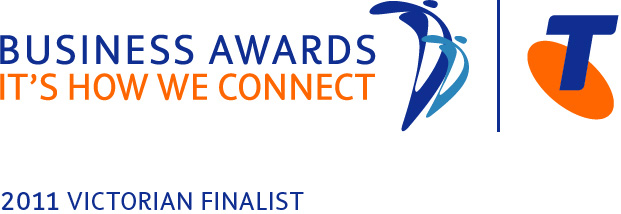If you find selling to a potential customer very taxing, then you would be in for a big surprise. You hate selling because your marketing strategies are weak.
For most business owners, the idea of selling to potential clients brings about a shiver on the spine. I think I’ve heard hundreds among hundreds of entrepreneurs say that selling isn’t really the best tool in their drawer. If I had a dollar every time I’ve heard that, then I would’ve just established a business
The reason most of us loathe selling is because we always put a negative connotation to it. When it comes to sales, we always imagine someone trying to sell us something that we don’t really need or want. We also relate sales to an image of an annoying and pushy salesperson that we usually see on television or on used car lots. These images, however, are the opposite of what we want our potential customers to perceive us.
Our goal, as business owners, is to have our customers genuinely want our products or services. As part of our business objectives, we want to convince them that we are the best at what we do. Ideally, we want them to already have that notion about our business even before our first contact; and we always yearn for a steady flow of prospects who are already advocates of what we do.
This is where your marketing strategies come in.
I started a business a few years ago in the UK. It was kind of a rocky start as I spent too much time knocking on customers’ doors only to have most of them shut. It was getting discouraging being in the shoes of a failed salesperson. It was then that I decided to change my approach.
During those most challenging times, I realized that I had been completely ignoring a very important area of my business that I was supposed to be good at – marketing. I had all the qualifications with the matching experience; but it had still taken me months to realize my mistake.
My new approach required me to create a demand for my product. Since this was the case, I reckoned to spend ninety percent of my time and energy on marketing my product. I also decided to put all sales on hold. The change in approach paid off as I started getting questions and queries for my product, globally. The only selling I had to do then was following up with the customer and closing the deal.
If you find selling a tedious task, then the best way to make it easier (or sometimes entirely taken care of) is to be really tacky on your marketing. Spend a little more time crafting a marketing strategy that best supports your goals and makes sure that you’re sending out the correct message to your dream clients. Doing so will make selling a little bit more fun for you.










